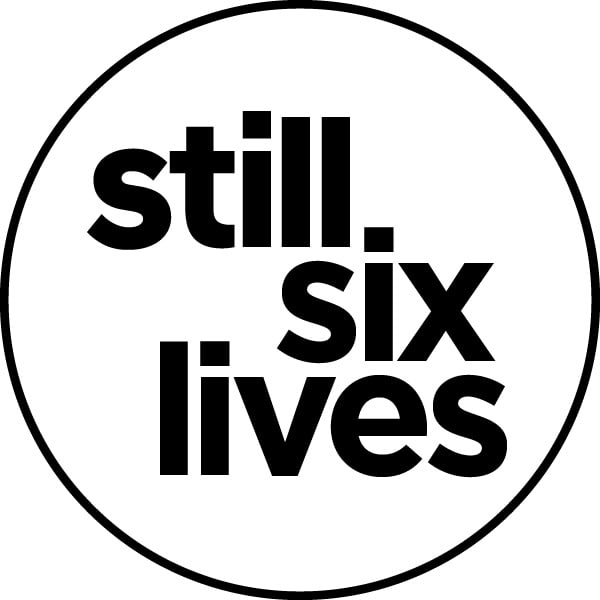

Content warning: This post deals with infant loss and may be triggering for some readers.
The silence in the room and on that ultrasound machine was deafening.
Three words which will forever haunt me broke that silence.
"There’s no heartbeat."
I was thirty-five weeks into my relatively textbook first pregnancy. I went to bed the previous night with my baby moving about and woke to nothing, knowing something had gone terribly wrong. Later that morning I gave birth to my 3.16kg strong and 44cm long beautiful son, Mason.
I walked through my house while pregnant picturing Mason in it, how his life would fill our entire home, a house full of love and laughter. I was in love with his room which was so ready for him to come home. I had pictured where his bouncer would be and where his play mat would go.
Now, each morning when I open the blinds and windows to the house, I don’t walk over that play mat like I had pictured. Rather, I walk past a shelf where Mason’s ashes lay in a beautiful urn. Rather than changing nappies and nursing my son in his room, I stand in there looking at everything I had prepared for him and struggle with how his room can be so full of things, yet feel so incredibly empty.
When we lost Mason, I was desperate to connect with others, to reach out to someone, anyone who understood my pain. Sadly, I learned there is an overwhelming number of people who share my grief.
These are the words of Kayla Clarke, a woman who shares her story of stillbirth to help convey why this tragedy needs more awareness, research, funding and most importantly, prevention.
After having lost my own daughter last year, I want people to know stillbirth is not nearly as uncommon as it should be.

